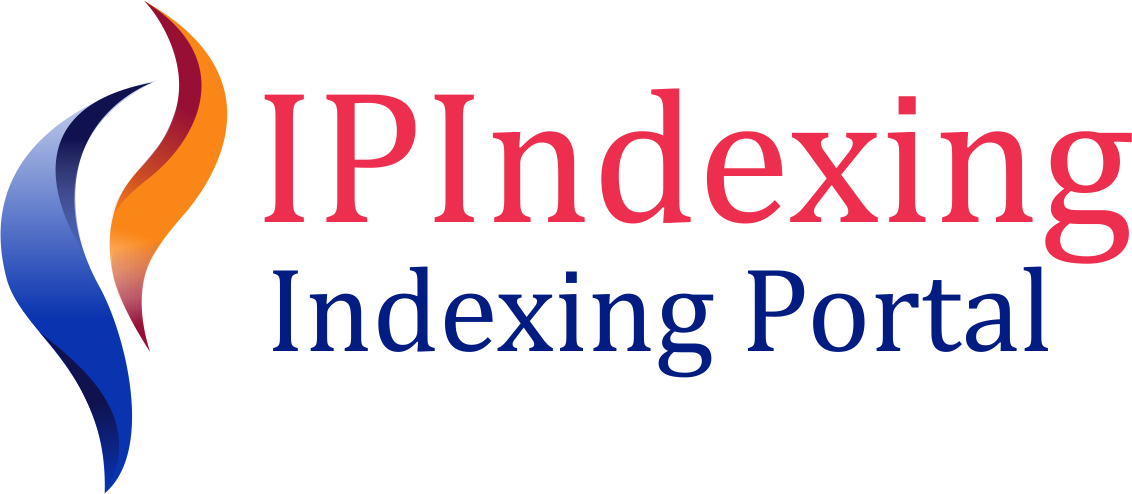The role of project and social initiatives in secondary and higher education programs
A. A. Voroshilova
Siberian Federal University, Krasnoyarsk, Russia; Krasnoyarsk Science and Technology City Hall, Krasnoyarsk, Russia
https://orcid.org/0000-0002-4556-813X
I. V. Kovalev
Siberian Federal University, Krasnoyarsk, Russia; Krasnoyarsk Science and Technology City Hall, Krasnoyarsk, Russia; Krasnoyarsk State Agrarian University, Krasnoyarsk, Russia
https://orcid.org/0000-0003-2128-6661
А. V. Bagachuk
Krasnoyarsk State Pedagogical University named after V.P. Astafiev, Krasnoyarsk, Russia
https://orcid.org/0000-0002-6412-223X
Yu. Yu. Bocharova
Krasnoyarsk State Pedagogical University named after V.P. Astafiev, Krasnoyarsk, Russia
https://orcid.org/0000-0001-8626-7977
DOI: https://doi.org/10.47813/2782-5280-2023-2-2-0311-0320
Keywords: social initiative, project-based learning, new course, master's program.
Abstract
The article describes the problems and prospects for the development of project-based learning and the introduction of social initiatives in the curriculum of secondary and higher schools. Successful practices of implemented projects with the participation of schoolchildren and students prepared according to the described programs are given. The relevance of developing programs aimed at preparing a subject ready for self-realization, self-actualization and self-development is noted. A project is presented, which is aimed at creating a children's and youth scientific academy to develop skills in project activities to support children and teachers from schools with low educational results.
Author Biographies
A. A. Voroshilova, Siberian Federal University, Krasnoyarsk, Russia; Krasnoyarsk Science and Technology City Hall, Krasnoyarsk, Russia
Anna Voroshilova, Candidate of Philosophical Sciences, Associate Professor, Department of Informatics, Siberian Federal University, Krasnoyarsk, Russia
I. V. Kovalev, Siberian Federal University, Krasnoyarsk, Russia; Krasnoyarsk Science and Technology City Hall, Krasnoyarsk, Russia; Krasnoyarsk State Agrarian University, Krasnoyarsk, Russia
Igor Kovalev, Doctor of Technical Sciences, Professor, Siberian Federal University, Krasnoyarsk, Russia
А. V. Bagachuk, Krasnoyarsk State Pedagogical University named after V.P. Astafiev, Krasnoyarsk, Russia
Anna Bagachuk, Candidate of Physical and Mathematical Sciences, Associate Professor of the Department of Mathematics and Methods of Teaching Mathematics, Head of the Department of Scientific Research and Grant Activities, Krasnoyarsk State Pedagogical University named after V.P. Astafiev, Krasnoyarsk, Russia
Yu. Yu. Bocharova, Krasnoyarsk State Pedagogical University named after V.P. Astafiev, Krasnoyarsk, Russia
Yuliya Bocharova, Candidate of Pedagogical Sciences, Associate Professor of the Department of Social Pedagogy and Social Work, Krasnoyarsk State Pedagogical University named after V.P. Astafiev, Krasnoyarsk, Russia
References
Stukalova I.B. Master's degree development in Russia: prerequisites, problems and prospects. Modern education. 2018; 3: 1-8. DOI: https://doi.org/10.25136/2409-8736.2018.3.26892
Egorikhina S.Yu. Master's degree in a scientific organization: problems and prospects (on the example of the Vologda Scientific Center of the Russian Academy of Sciences). Questions of territorial development. 2018; 3(43): 5. DOI: https://doi.org/10.15838/tdi.2018.3.43.5
Piskorskaya S. Yu., et al. Engineering-oriented approach for effective industrial and educational communications in the development of new master's programs. AIP Conference Proceedings. 2022; 2647: 030050. https://doi.org/10.1063/5.0104128 DOI: https://doi.org/10.1063/5.0104128
Pimenova A.L., et. al. Actual aspects of the organization of higher professional education (master's level). Problems of modern economics. 2018; 1(65): 188-191.
Garmonova A.V. et al. Educational strategies and professional guidelines for modern Russian undergraduates. M.: NRU HSE, 2020. 36.
Sergeeva M.N., Burnakin M.G. Kazan Pedagogical Journal. 2018; 5(130): 51-56. DOI: https://doi.org/10.17747/2311-7184-2018-6-51-56
Khairutdinov R.R. Subject-activity paradigm in master's education. Kazan Pedagogical Journal. 2019; 1(132): 7-9.
Sharipov F.V. Project-based learning technology. Pedagogical Journal of Bashkortostan. 2012; 2: 87-94.
Dolganov D.N. Problems and prospects of project-based learning. Bulletin of experimental education. 2021; 2(27): 1-8.
Trishchenko D.A. On the motivation for using the project-based learning method. Izv. Sarat. University Nov. ser. Ser. Philosophy. Psychology. Pedagogy. 2021; 3: 349-353. DOI: https://doi.org/10.18500/1819-7671-2021-21-3-349-353
Alisov E. A. Essence of research and project learning technology. Gaudeamus. 2016. 3: 41-44.
Selection of schools that consistently demonstrate low educational outcomes based on a comprehensive analysis of quality data. FIOKO. 2022; URL: https://fioco.ru/
Center for assessing the quality of education. URL: https://coko24.ru
Bagachuk A.V. Scientific and educational environment of a pedagogical university as a condition for the formation of readiness of future teachers for research activities. Vestnik of TSPU. 2012; 2(117): 58-61.
Bocharova Yu.Yu. Professional community as a subject of higher education. Siberian Pedagogical Journal. 2014; 1: 70-76.
Kovalev I., Voroshilova A., Testoyedov N. Universal access to cyberspace through master’s degree program development. EpSBS. 2022; 127: 350-360.
















